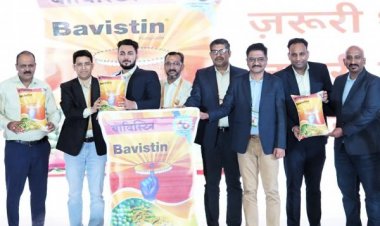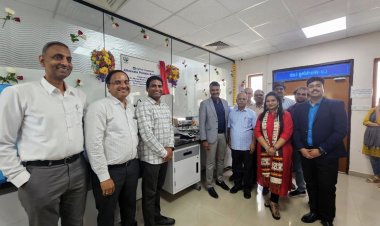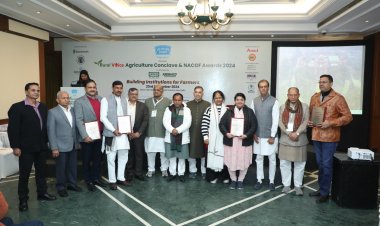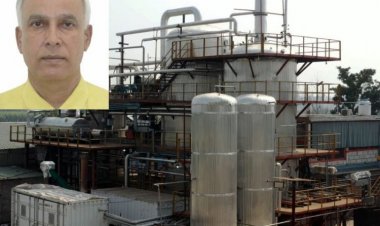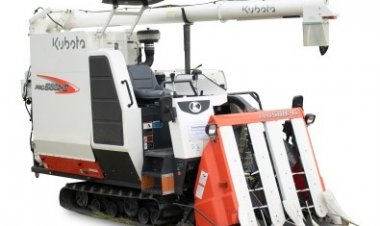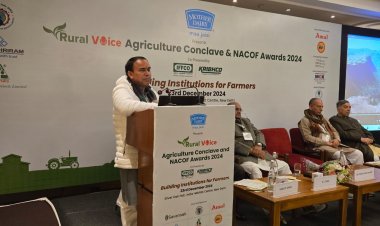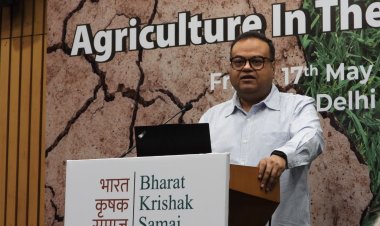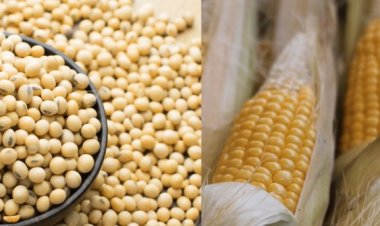Banana plant technology saving spice crop in Rajasthan
In a sample case, a crop technology, ICAR-FUSICONT, developed in a Lucknow lab to manage banana wilt, has been found to mitigate cumin wilt disease in faraway Rajasthan. Wilt is a severe obstacle to the cultivation of this important spice crop, primarily in Rajasthan and Gujarat.
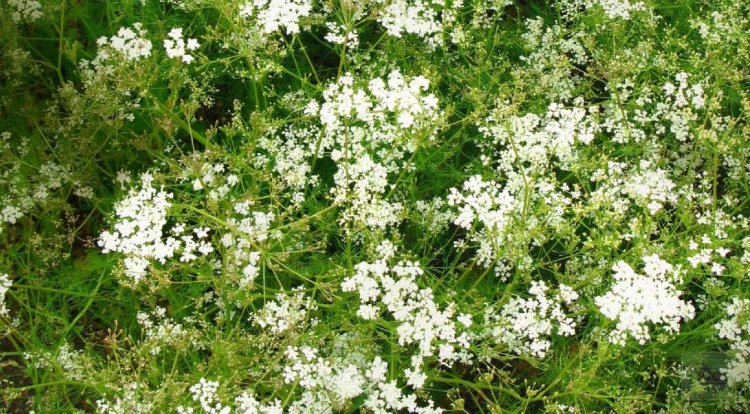
Lucknow
Technology is as much about research and development (R&D) as improvisation and extrapolation to maximize the benefits.
In a sample case, a crop technology, ICAR-FUSICONT, developed in a Lucknow lab to manage banana wilt, has been found to mitigate cumin wilt disease in faraway Rajasthan.
Wilt is a severe obstacle to the cultivation of this important spice crop, primarily in Rajasthan and Gujarat. Thousands in Rajasthan depend on cumin, which is a short-season crop grown with low input costs and high-returns yield.
According to the Central Institute for Subtropical Horticulture (CISH) director Shailendra Rajan, cumin wilt disease causes huge economic losses to farmers, and in many places, the entire crop is wiped out. CISH is a Lucknow-based Indian Council of Agricultural Research (ICAR) specialty lab.
Rajan said researchers conducted field experiments in Rajasthan to test whether the banana crop technology could also control cumin wilt in Jodhpur district. The experiment began in November 2020 as seed treatment at the time of sowing and later with irrigation water. It fetched encouraging results, which then evoked the interest of agricultural scientists associated with other organizations.
Cumin accounts for a significant portion of the Indian spice export basket. The wilt problem has been present in different parts of Gujarat and Rajasthan on sandy soils. As such, researchers and farmers have long been seeking an effective control measure for the malady, but with little success.
Meanwhile, a workshop was also held in Gudamalani, one of Rajasthan's major cumin-producing areas in Barmer district, to familiarize farmers with the new technology. Dr Damodaran, the technology’s inventor, and Rajan also addressed the growers.
According to the Ajmer-based National Research Centre for Seed Spices, the technology will aid in the production of high-quality cumin with minimal pesticide residue.
Currently, there is high demand for pesticide-free cumin in the international market. Although India produces the highest-quality cumin, the consignment may be rejected in the European and US markets due to pesticide use.
Meanwhile, the technology has been licensed to Khandelwal Bio Fertilizer for large-scale production so as to benefit a larger pool of farmers.



 Join the RuralVoice whatsapp group
Join the RuralVoice whatsapp group

















